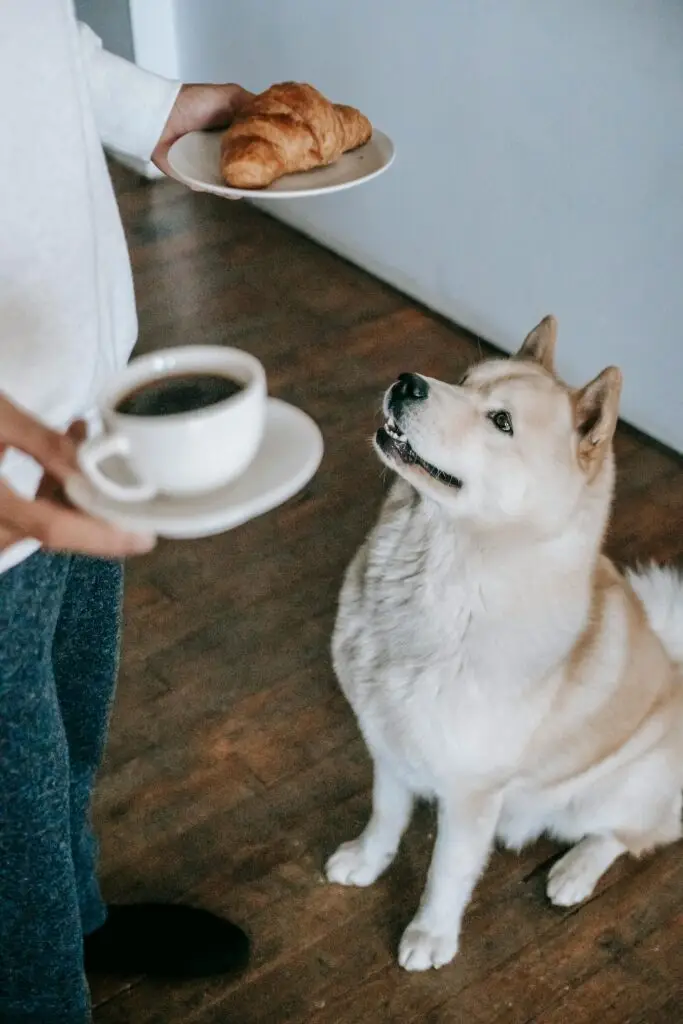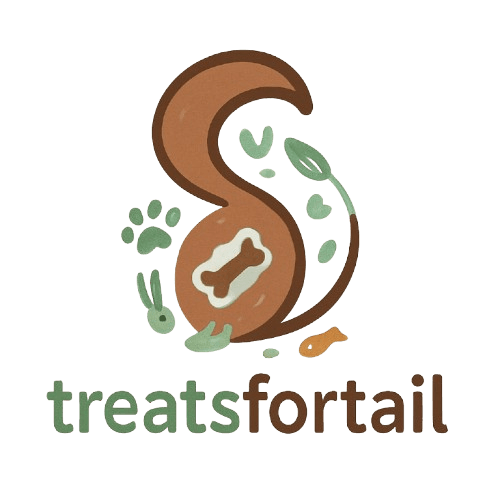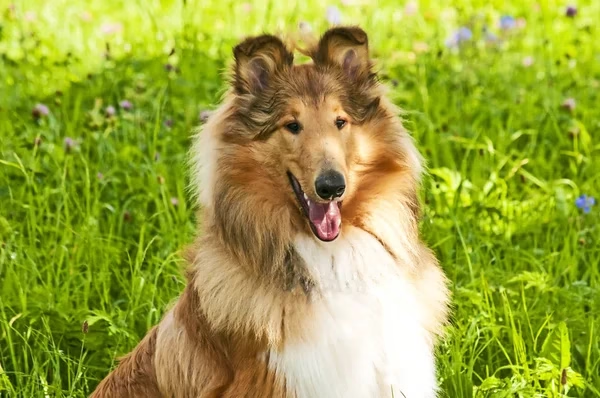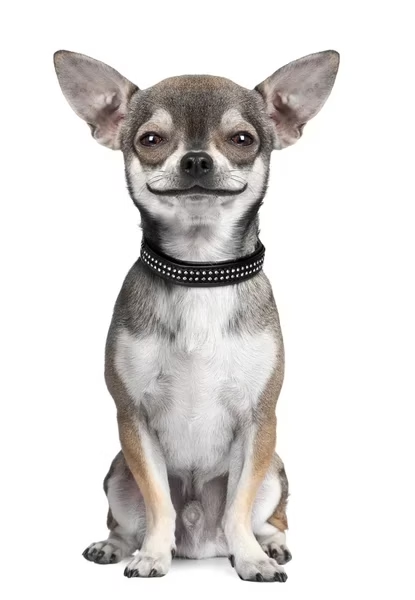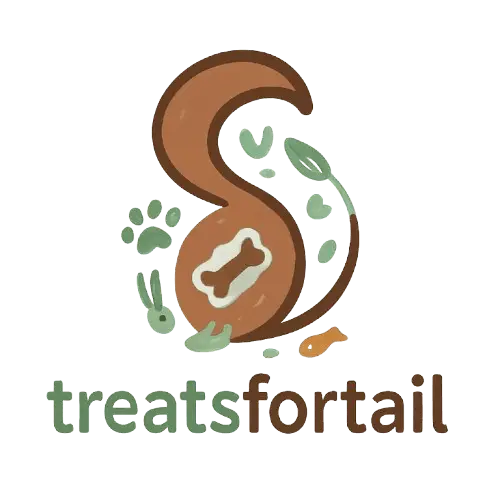Dog nutrition plays a crucial role in your pet’s long-term health and happiness. Whether you’re a new dog owner or looking to improve your current feeding routine, this guide will help you understand the essentials of proper canine nutrition and how it can prevent illness and promote vitality.
💡 Looking for the best companion for your lifestyle? Start at our homepage to explore helpful pet guides and choose the right pet for your family.
Why Dog Nutrition Matters
A proper dog nutrition plan supports your pet’s:
- Energy levels
- Immune system
- Muscle and joint health
- Skin and coat condition
- Digestive function
Poor nutrition can lead to obesity, heart disease, allergies, and even shortened lifespan.
Core Components of a Balanced Dog Diet
Here’s what a nutritionally complete dog diet should include:
1. Protein for Strong Muscles
Quality dog food should list real meat, fish, or poultry as the first ingredient. Dogs need protein for growth, healing, and maintaining lean body mass.
2. Healthy Fats for Energy and Coat Health
Omega-3 and Omega-6 fatty acids not only provide energy but also support brain function and a shiny, healthy coat.
3. Carbohydrates for Digestive Support
Whole grains like brown rice, oats, or sweet potatoes provide necessary fiber and are easier on your dog’s digestion than fillers like corn.
4. Essential Vitamins and Minerals
Balanced dog nutrition includes calcium, phosphorus, vitamins A, B, D, and E for bones, eyesight, and overall organ function.
5. Water: The Forgotten Nutrient
Always provide access to fresh, clean water. Dehydration can lead to urinary problems and organ stress.
Feeding Tips for Every Stage
- Puppies need calorie-rich food 3–4 times a day.
- Adult dogs thrive on 2 consistent meals daily.
- Seniors may benefit from smaller, easily digestible portions.
Talk to your vet for personalized feeding advice based on your dog’s breed, size, and health condition.
Foods to Avoid in a Dog’s Diet
Avoid the following, as they are toxic to dogs:
- Chocolate
- Grapes and raisins
- Onions and garlic
- Alcohol
- Cooked bones
- Xylitol (a sugar substitute)
Monitoring and Adjusting Your Dog’s Diet
Signs of good nutrition include:
- Stable weight
- Soft, shiny coat
- Healthy digestion
- Clear eyes
- High activity levels
If your dog shows symptoms like frequent vomiting, diarrhea, lethargy, or dry skin, it may be time to revise their diet.
Related Guides for Pet Parents
Want to improve your dog’s overall wellness beyond nutrition? Check out these helpful internal guides:
- Signs of a Healthy Pet
- When to Visit the Vet
- Cat Nutrition Basics — for multi-pet households
Expert Advice and Further Reading
For additional information, consider this external veterinary nutrition guide:
👉 VCA Animal Hospitals: Dog Nutrition Basics
🐾 Explore more about animal care, breeds, and choosing your ideal companion on our homepage.eterinarian before making major changes to your pet’s diet—especially if they have special health concerns.
